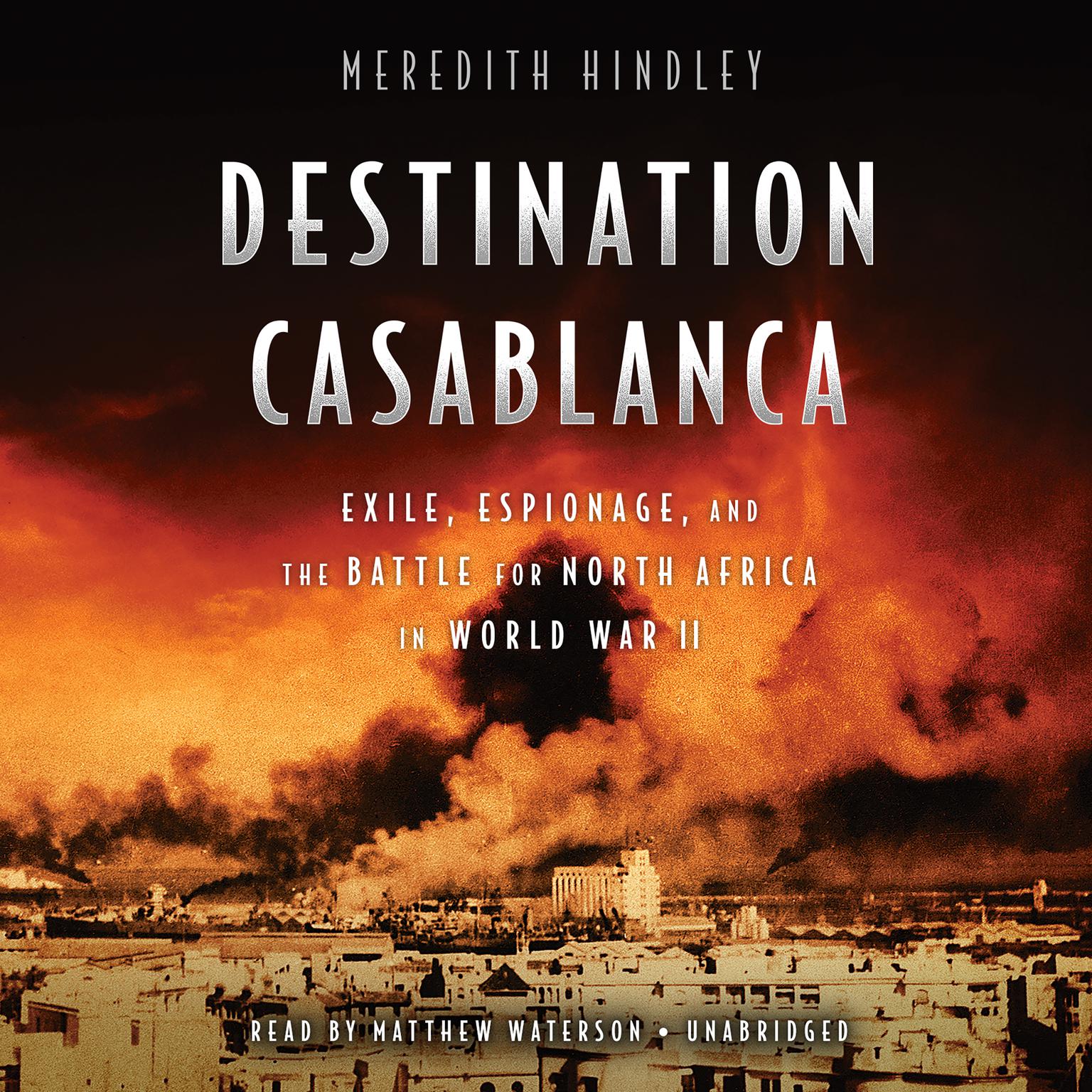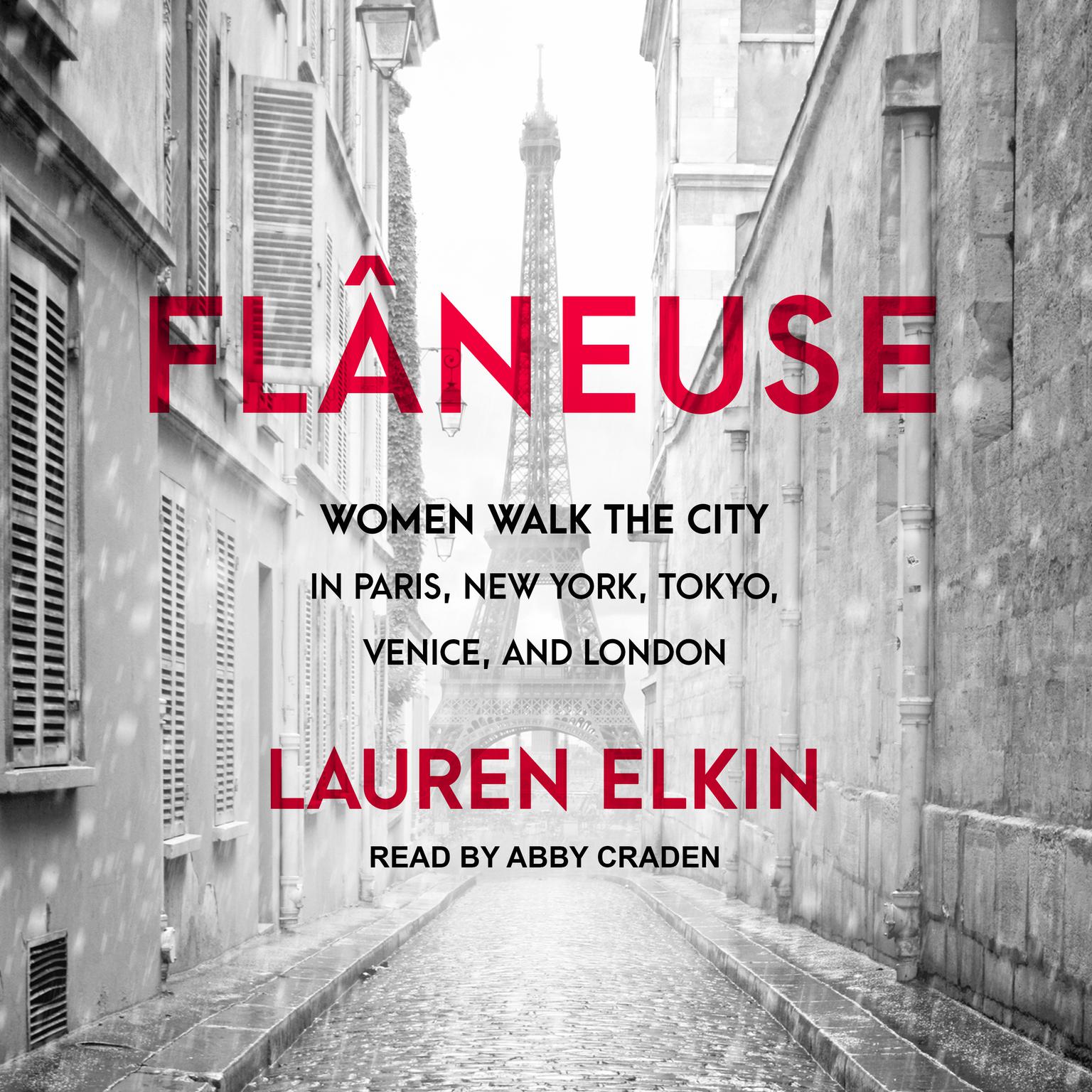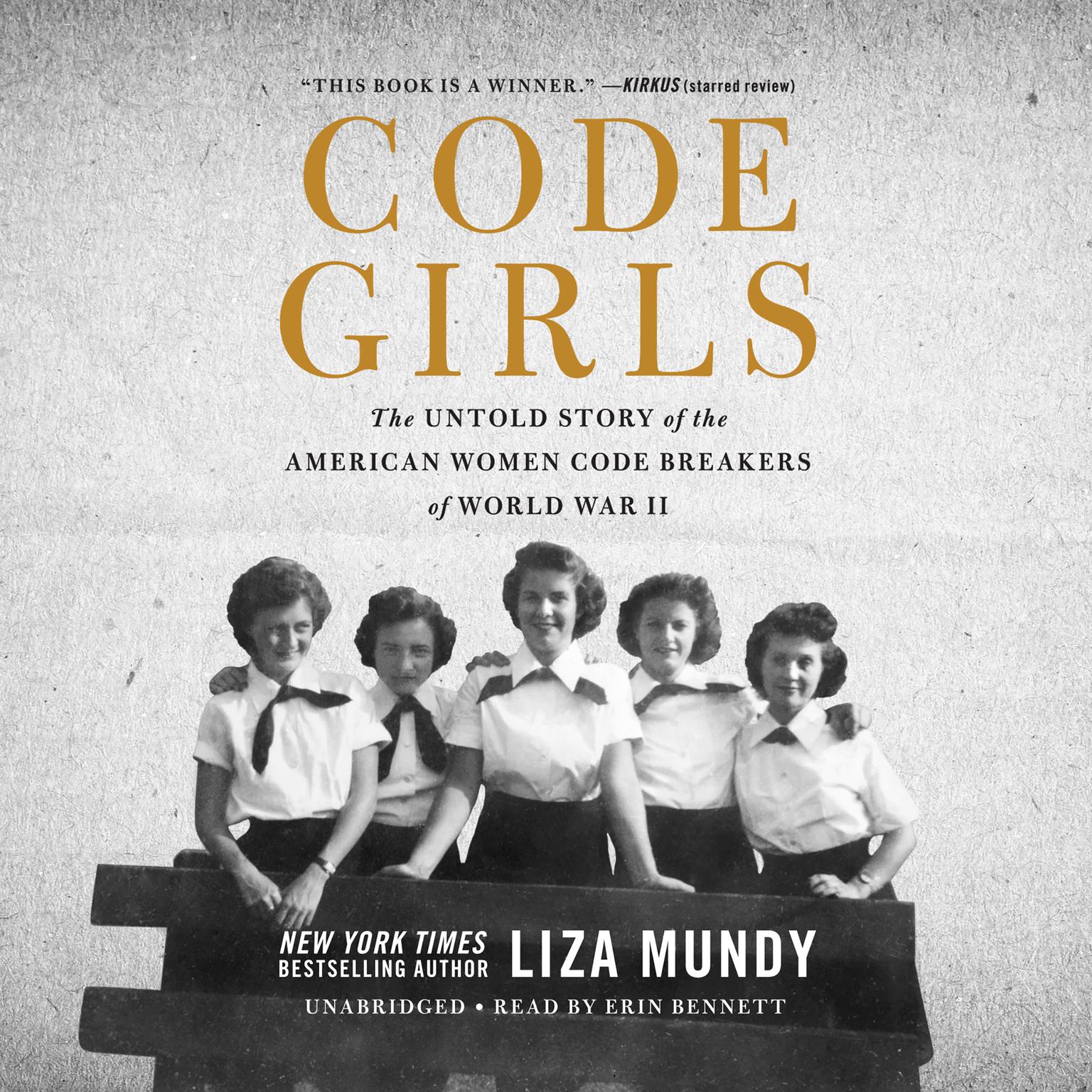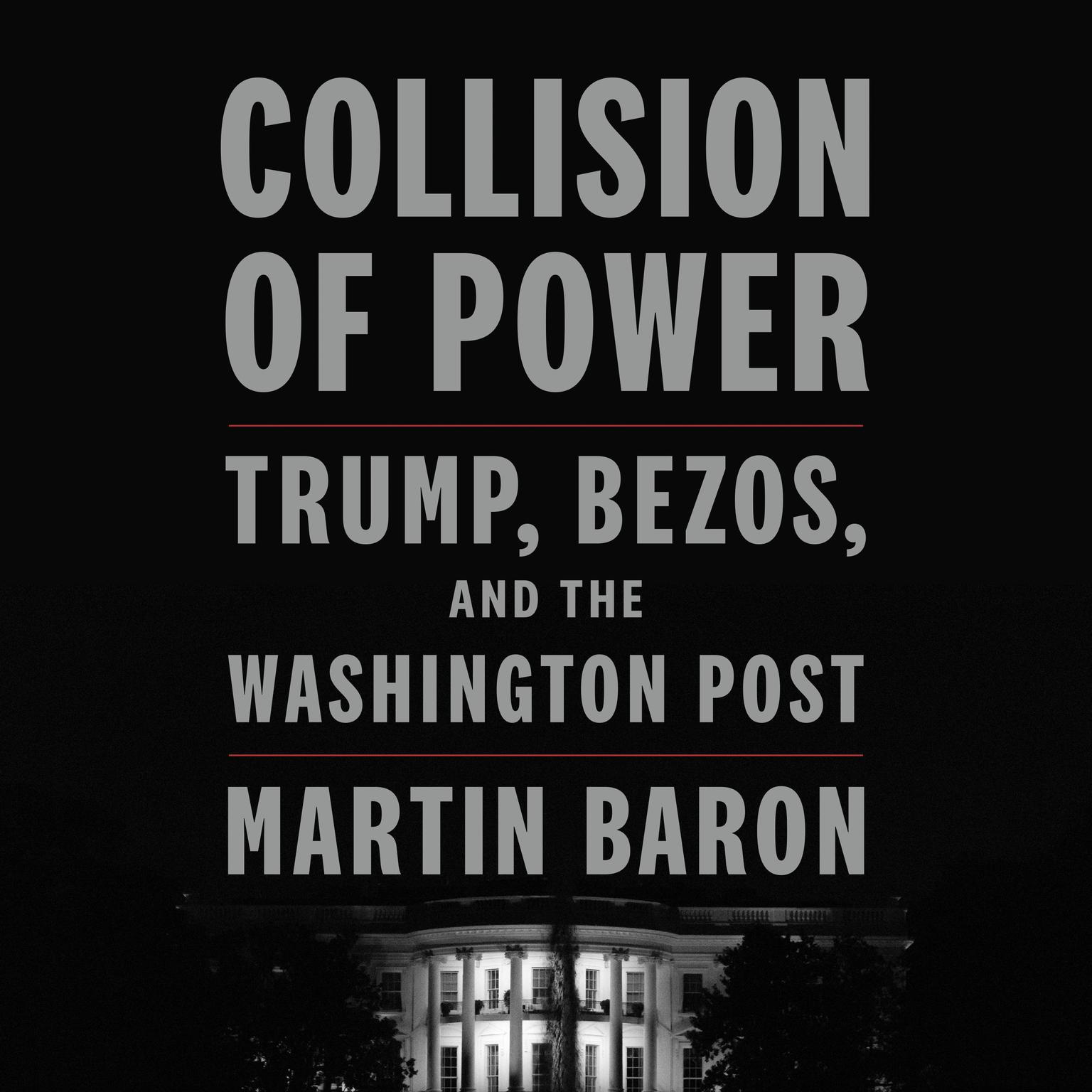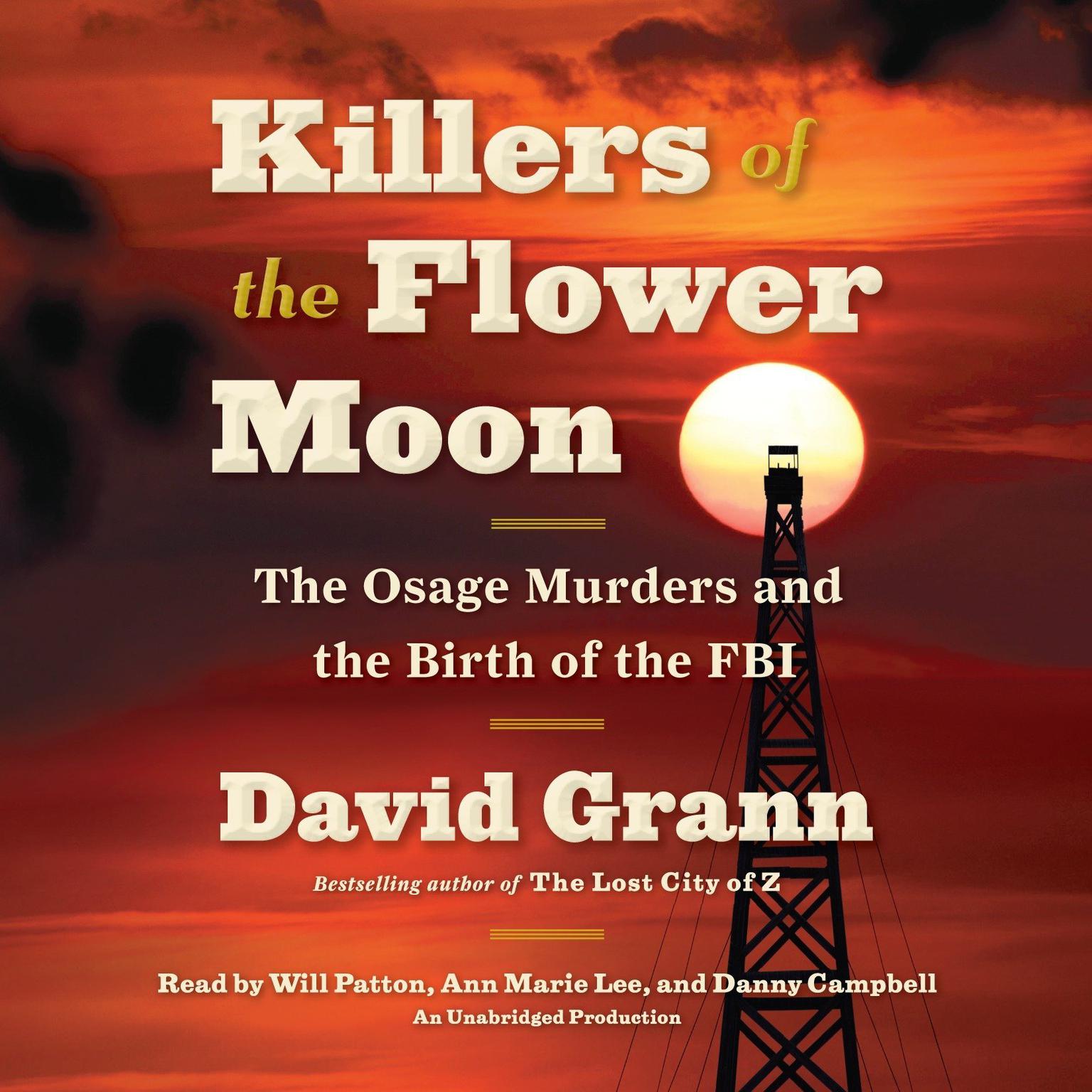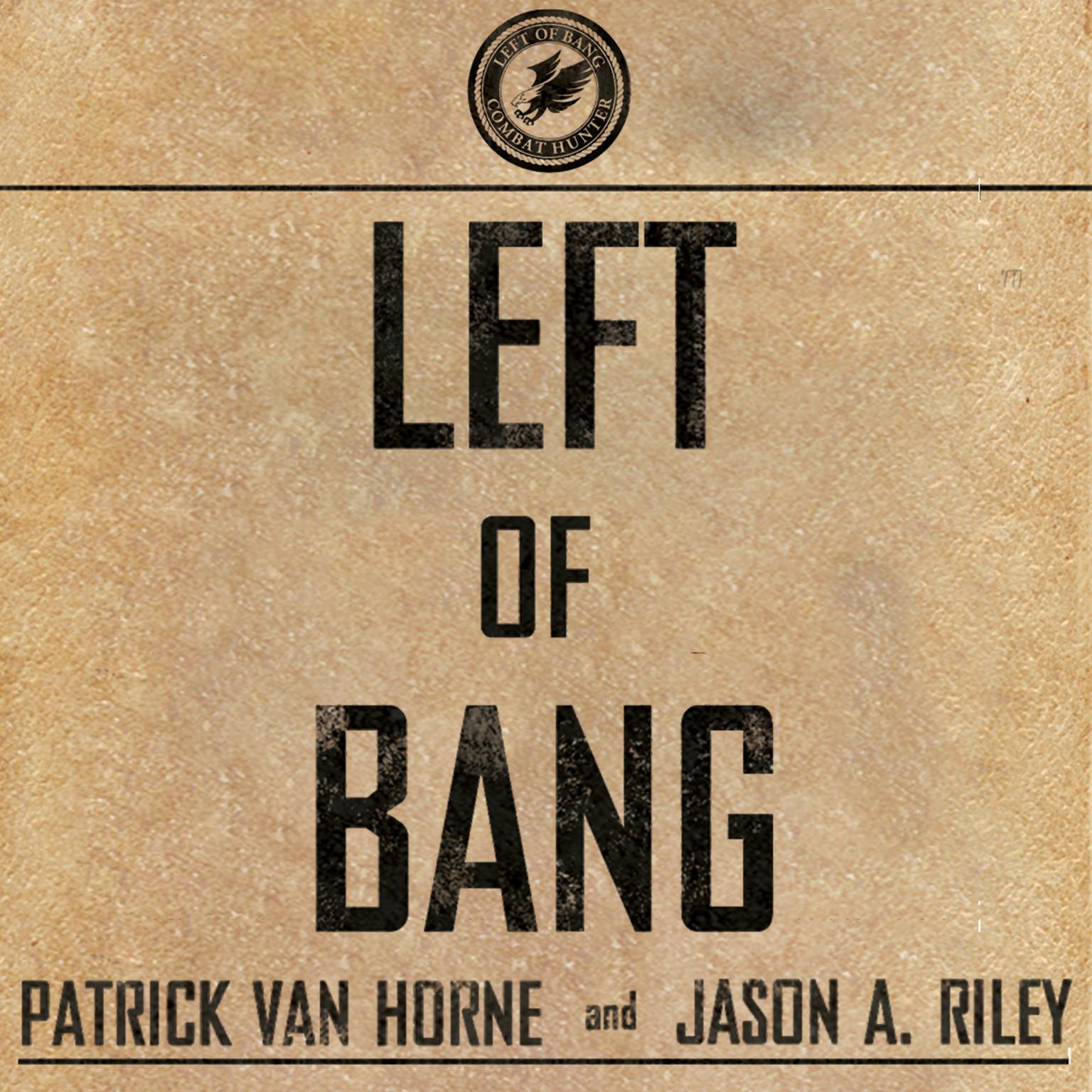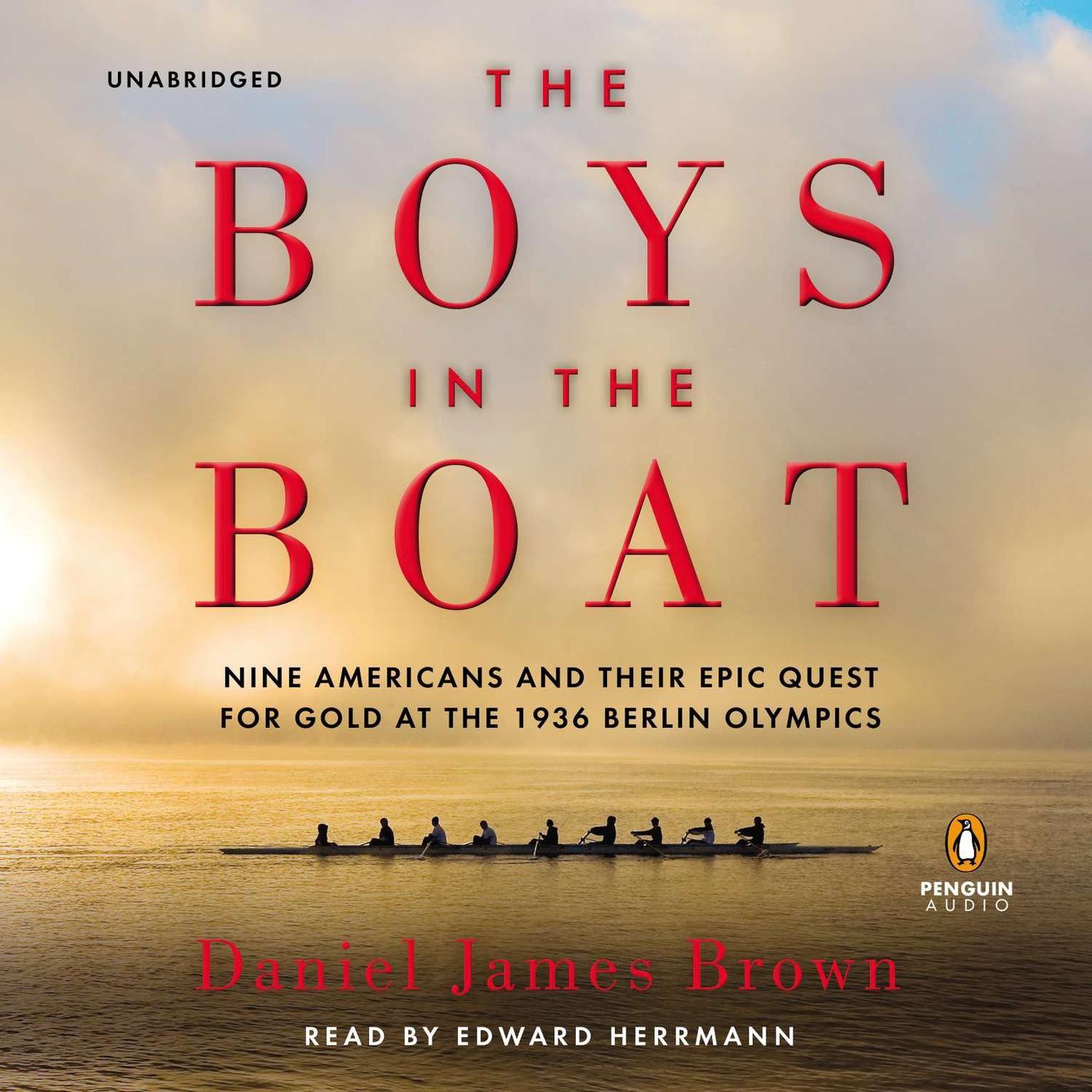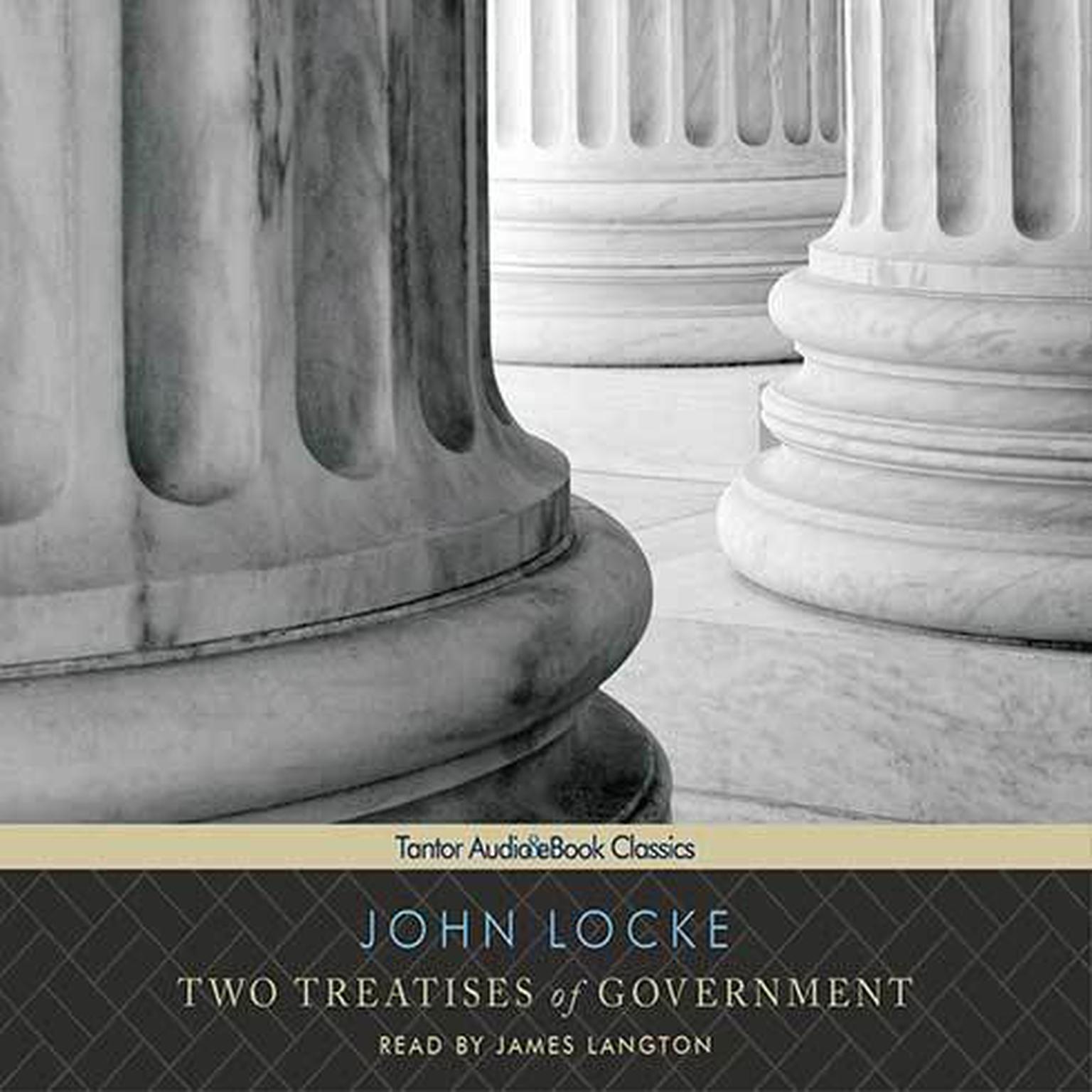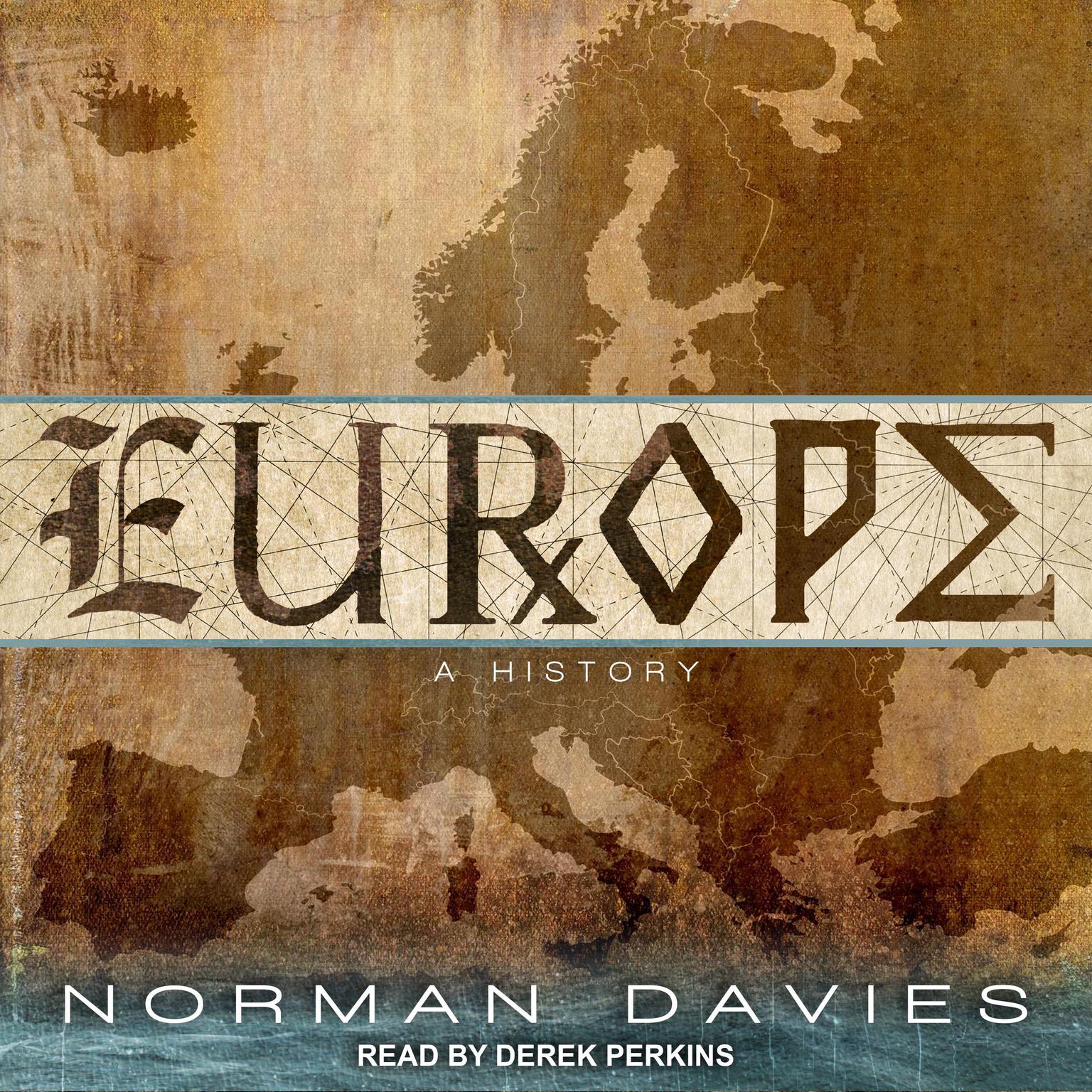Publisher Description
This rollicking and panoramic history of Casablanca during the Second World War sheds light on the city as a key hub for European and American powers, and a place where spies, soldiers, and political agents exchanged secrets and vied for control.
In November 1942, as a part of Operation Torch, 33,000 American soldiers sailed undetected across the Atlantic and stormed the beaches of French Morocco. Seventy-four hours later, the Americans controlled the country and one of the most valuable wartime ports: Casablanca.
In the years preceding, Casablanca had evolved from an exotic travel destination to a key military target after France’s surrender to Germany. Jewish refugees from Europe poured in, hoping to obtain visas and passage to the United States and beyond. Nazi agents and collaborators infiltrated the city in search of power and loyalty. The resistance was not far behind, as shopkeepers, celebrities, former French Foreign Legionnaires, and disgruntled bureaucrats formed a network of Allied spies. But once in American hands, Casablanca became a crucial logistical hub in the fight against Germany — and the site of Roosevelt and Churchill’s demand for “unconditional surrender.”
Rife with rogue soldiers, power grabs, and diplomatic intrigue, Destination Casablanca is the riveting and untold story of this glamorous city–memorialized in the classic film that was rush-released in 1942 to capitalize on the drama that was unfolding in North Africa at the heart of World War II.
Download and start listening now!
Hindley’s warm, detailed writing style portrays the determination and resources that America brought to Casablanca, the continuing plight of refugees, the stirrings of Moroccan nationalism, and the moving saga of American singer Josephine Baker’s support for a free France. Extensively researched, this account is rife with personal accounts, political and diplomatic insights, and vivid depictions of the military process. Recommended for history buffs who will relish the author’s skilled presentation of a little-known theater in World War II.
—
Library Journal
